Guides
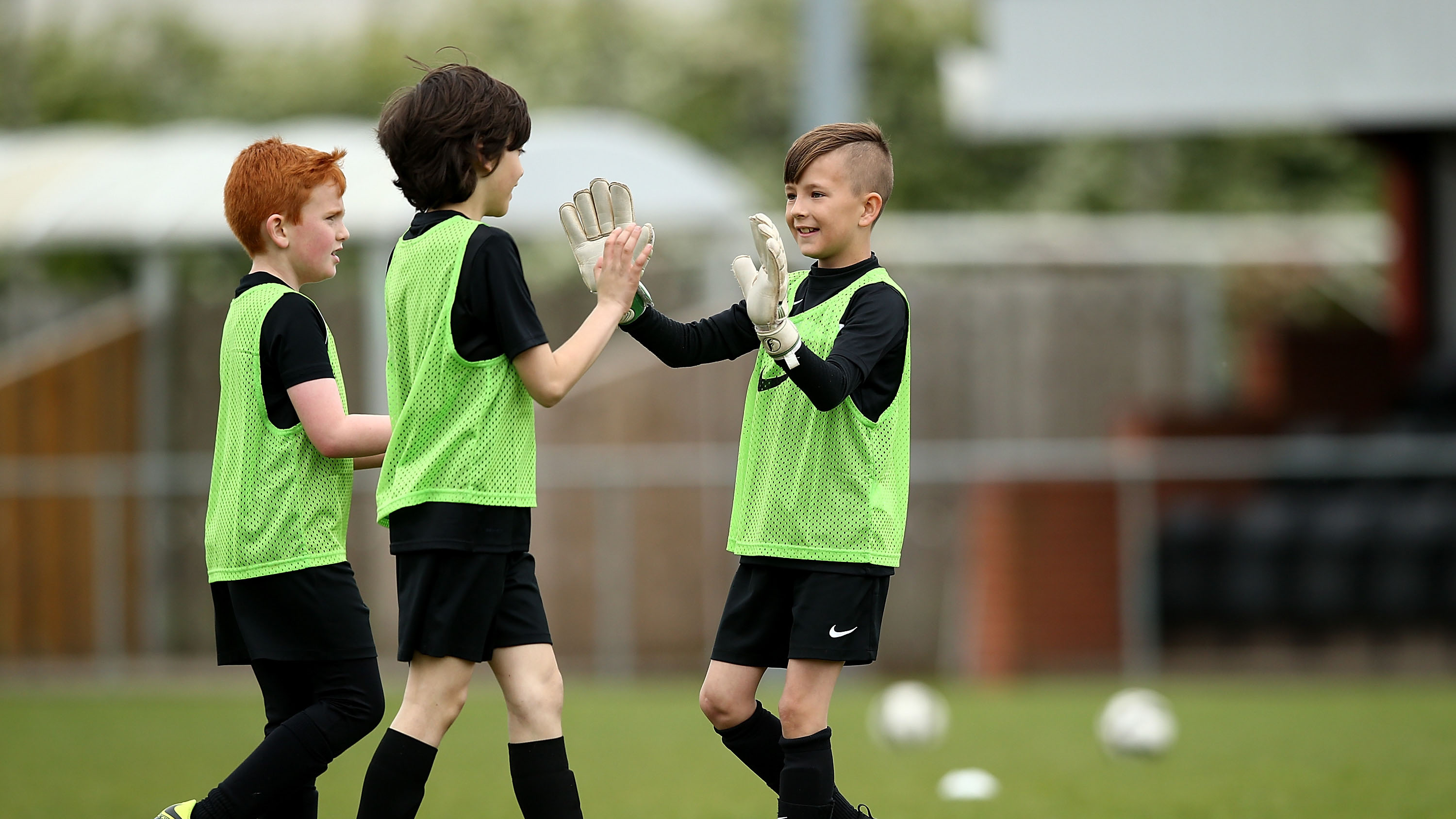
How to support social development
- The Boot Room
- 01 October 2018
We’ve all seen players who hog the ball when they know they should pass, dive at the drop of a hat and decide to ignore final-whistle handshakes. But is it their fault?
There’s no inbuilt ‘social code’ that ensures we all develop to be kind, respectful and considerate. As children, we learn these behaviours through experience.
This process, known as socialisation, is largely dictated by the influence of parents, peers and other ‘teachers’, such as coaches. In fact, sport offers a perfect opportunity for children to learn how to navigate social situations. Establishing how to win and lose with respect is a great example.
If you work in the Foundation Phase, you have an important role to play. You should use time with your team to establish, model and reinforce positive values and beliefs. This will help to ensure that your players develop appropriate social behaviour.
A clear set of guidelines, such as a code of conduct, can help to outline what’s expected at your club. To encourage both players and parents to engage with your code, make sure they’re involved in its creation. It can also help to keep things simple. For example, don’t include too many rules – work out your key messages and make sure that everyone’s aware of them.
A code of conduct is just one building block you can use to help your players’ social development. For more tips, scroll down now.
Step one: players aged 5-8Supporting your team’s social development isn’t something you’ll do alone: remember that parents and carers have an important role to play – such as helping you to implement some of the ideas below.
Our top tips:
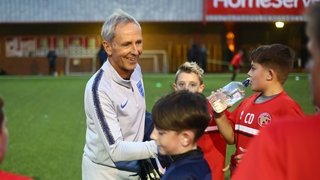
1.
Get to know your players.
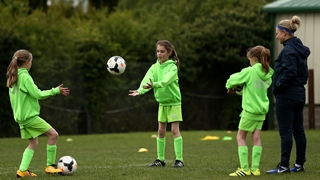
2.
See your players as children first.
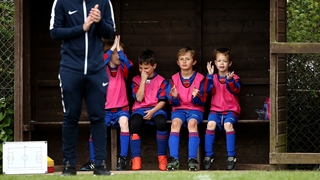
3.
Foster teamwork.
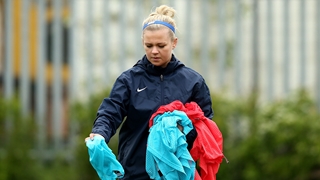
4.
Vary group size when arranging games and activities, e.g. pairs or 4v4.
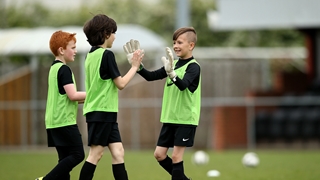
5.
Encourage children to respect others.
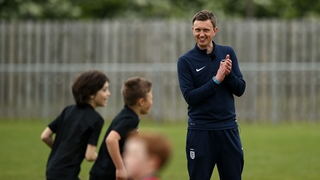
6.
Be a good role model: lose with dignity and win with humility.
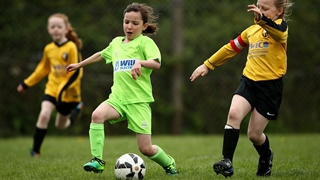
7.
Play lots of small-sided games.
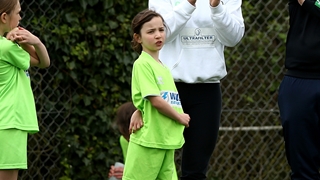
8.
Provide opportunity to experiment and explore.
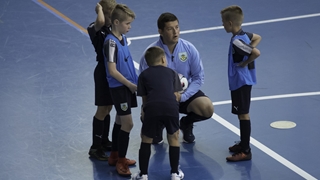
9.
Encourage your players to try other sports.
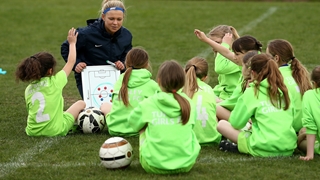
10.
Engage your team as 'active learners'.
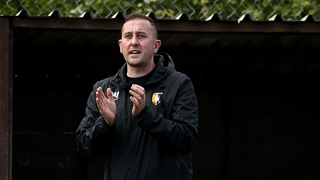
11.
Recognise and applaud good play.
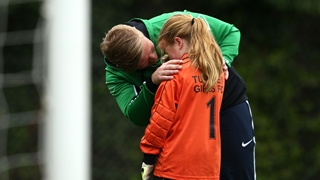
12.
Avoid placing undue pressure on players.
Don't forget that, as your team gets older, these tips still apply and you should continue to use them in your sessions wherever possible.
Step two: players aged 9-12
As your players move through the Foundation Phase, and towards adolescence, social development continues at full pace. Your team will start to develop their own opinions, thoughts and ideas on lots of things – including how to play football and what makes an effective team. Try to take advantage of this by looking for opportunities to develop their leadership skills and independence.
Our top tips:
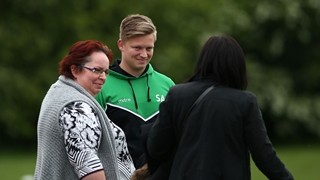
13.
Help everyone (players and parents) to understand team development.
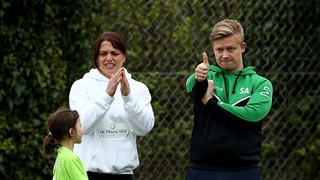
14.
Demonstrate how to praise, encourage and motivate others.










